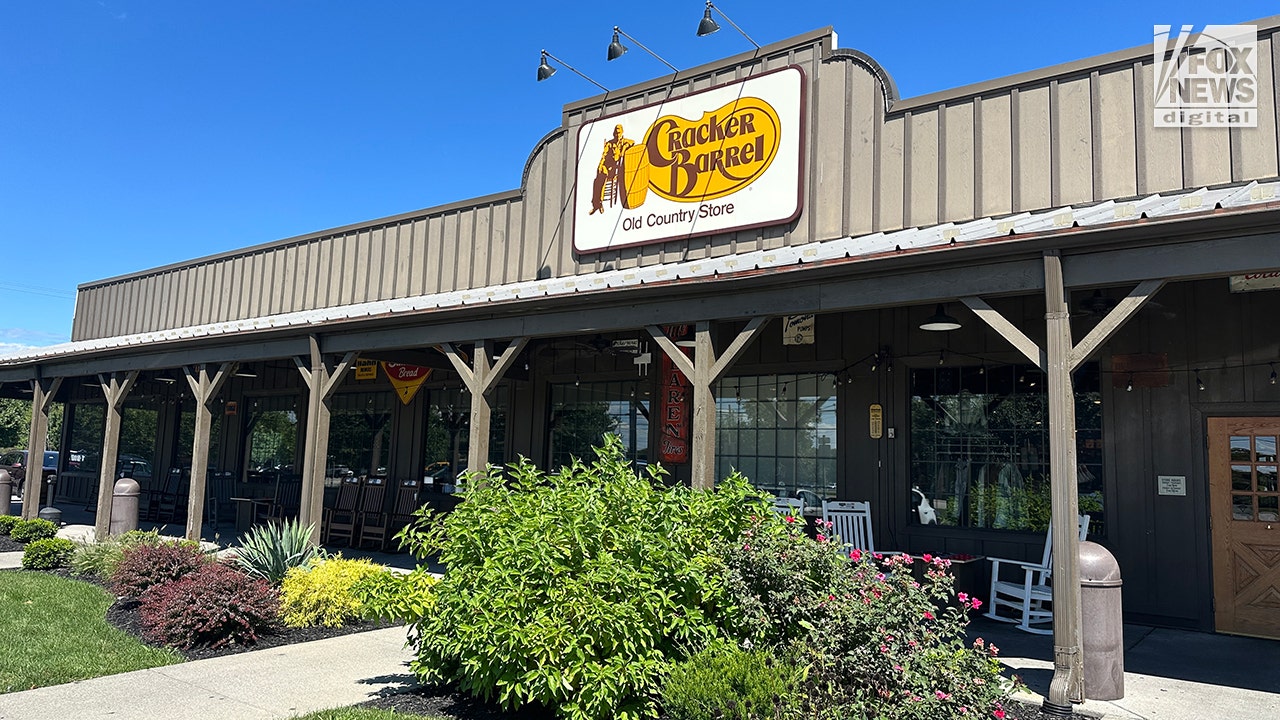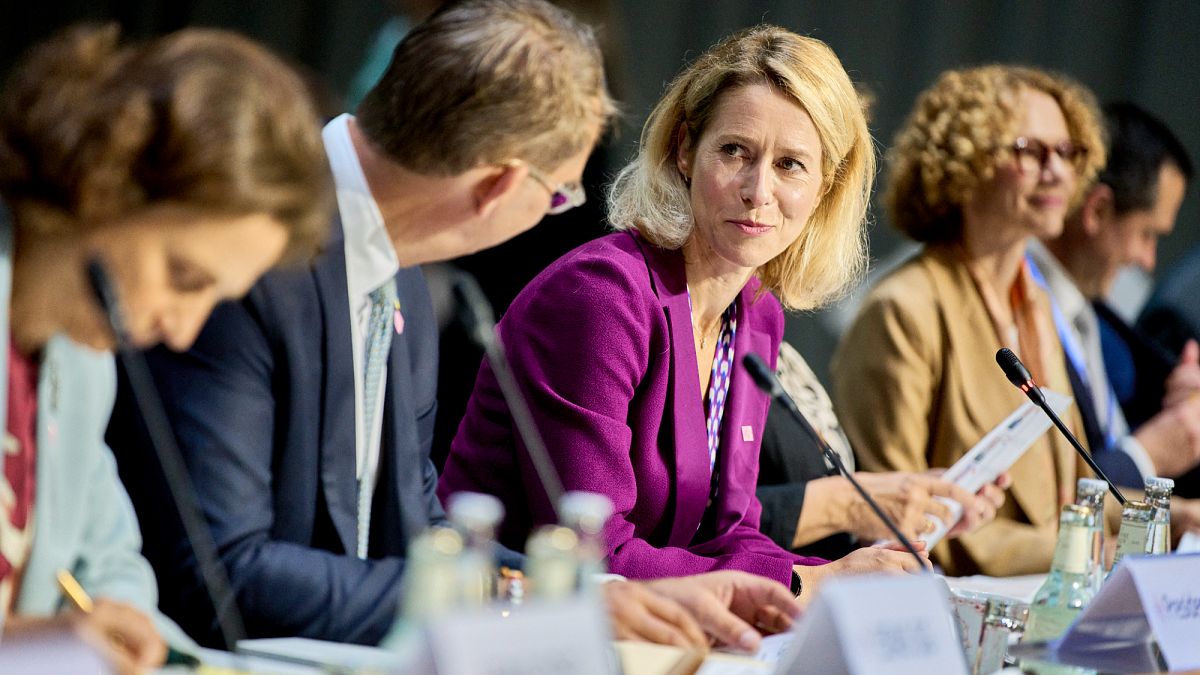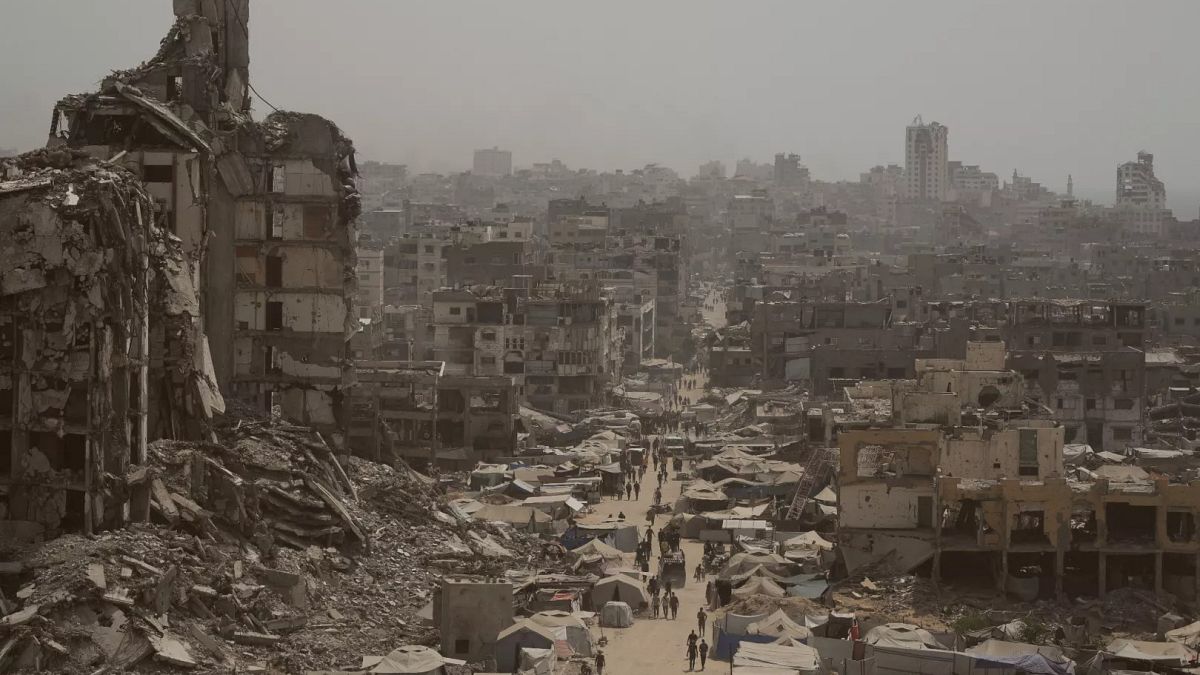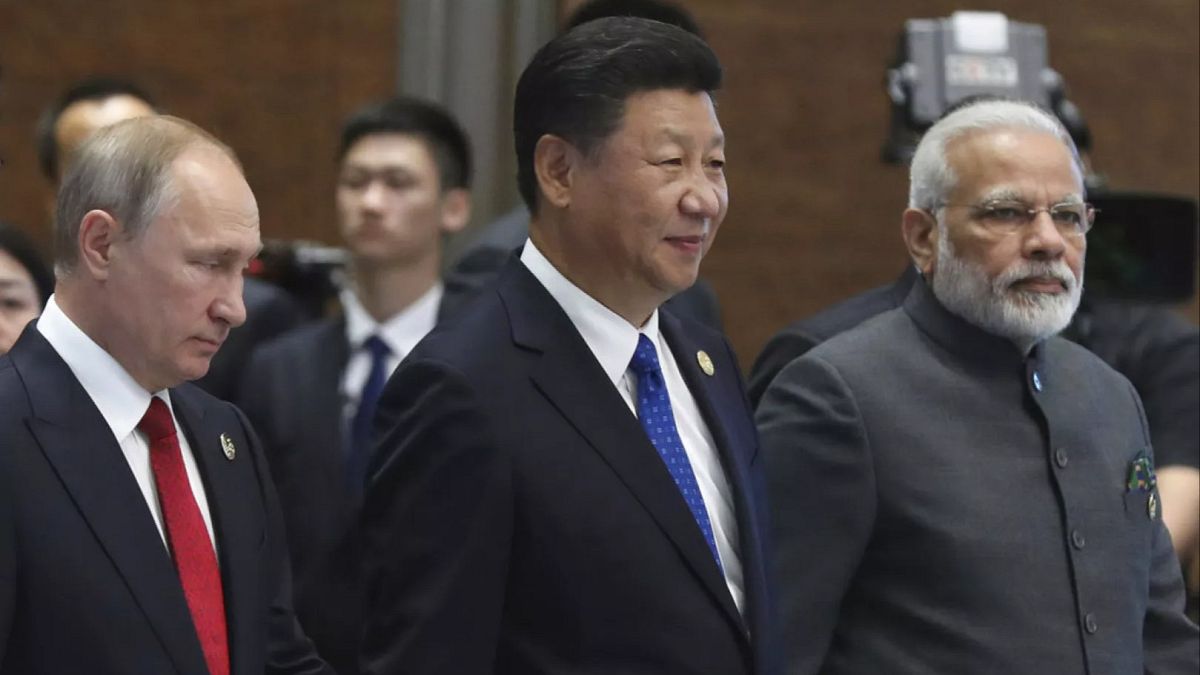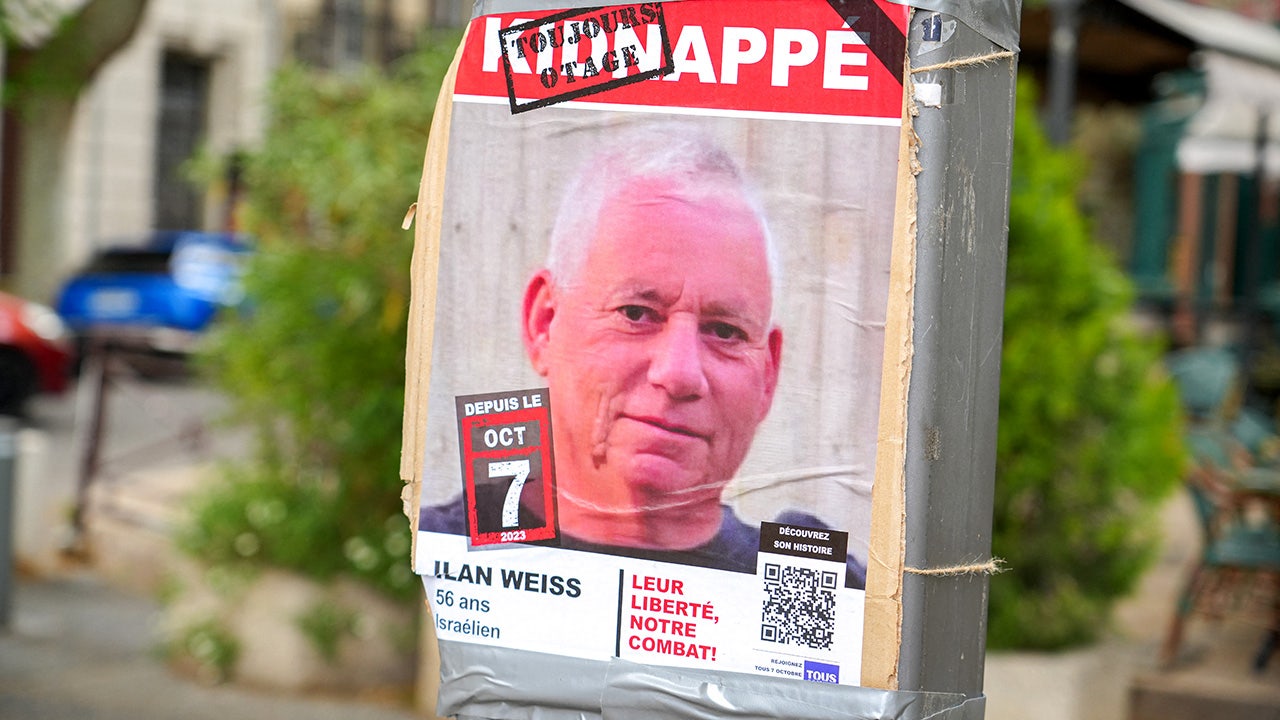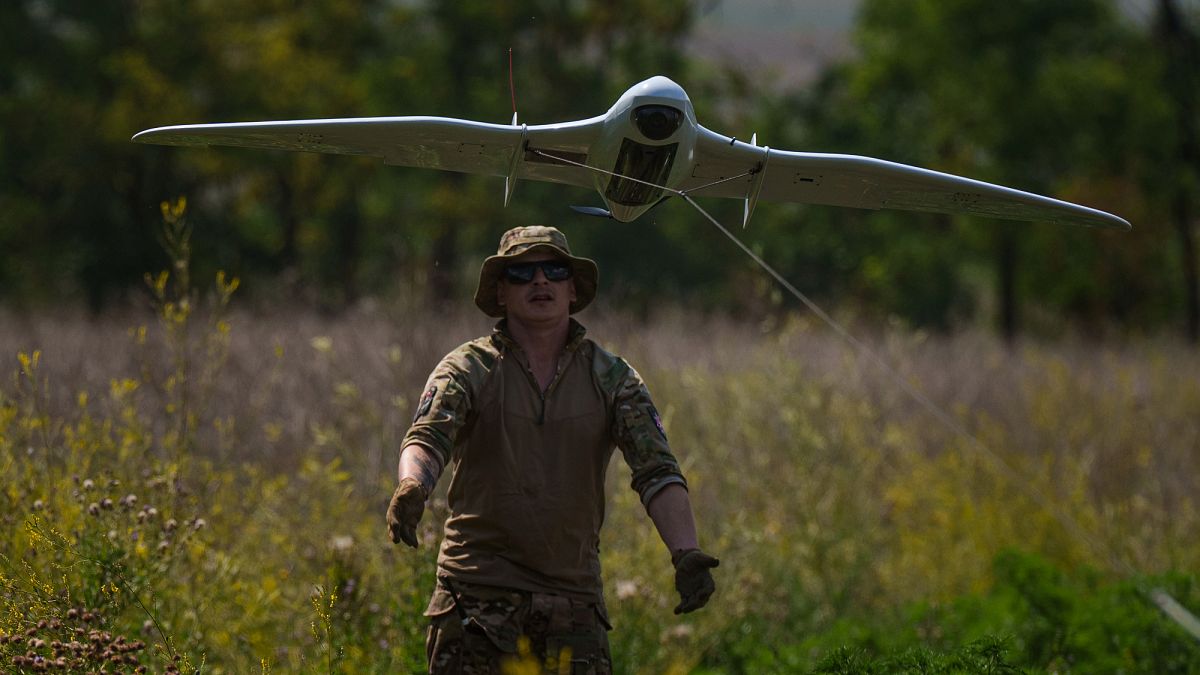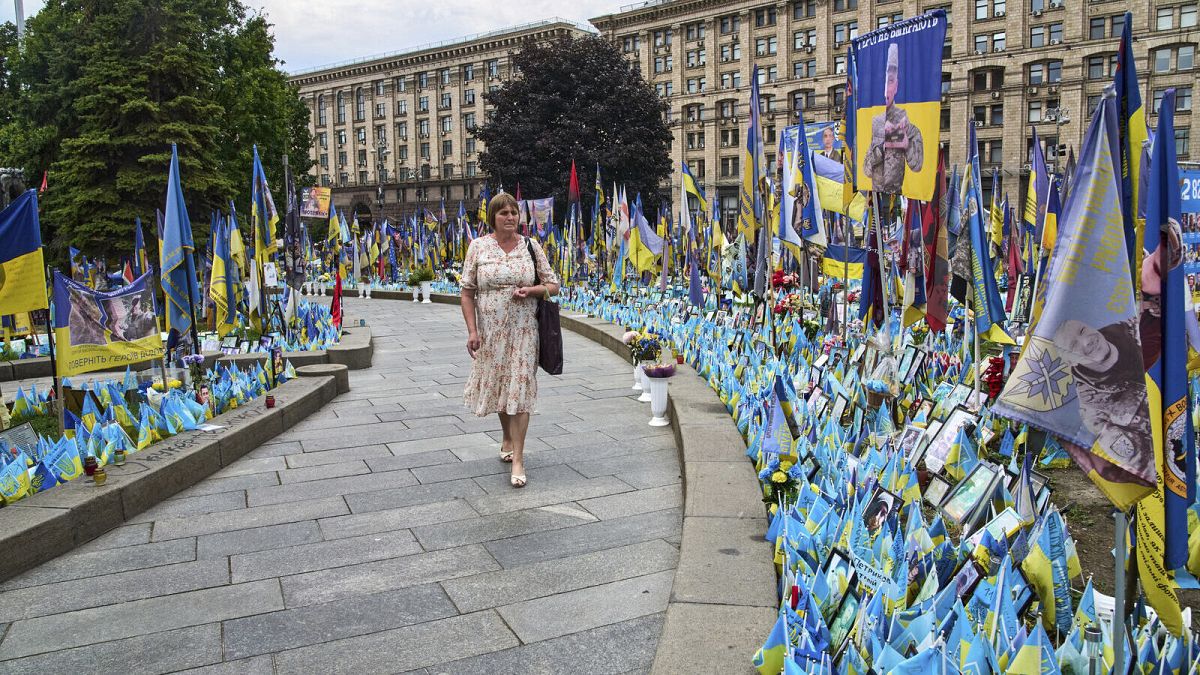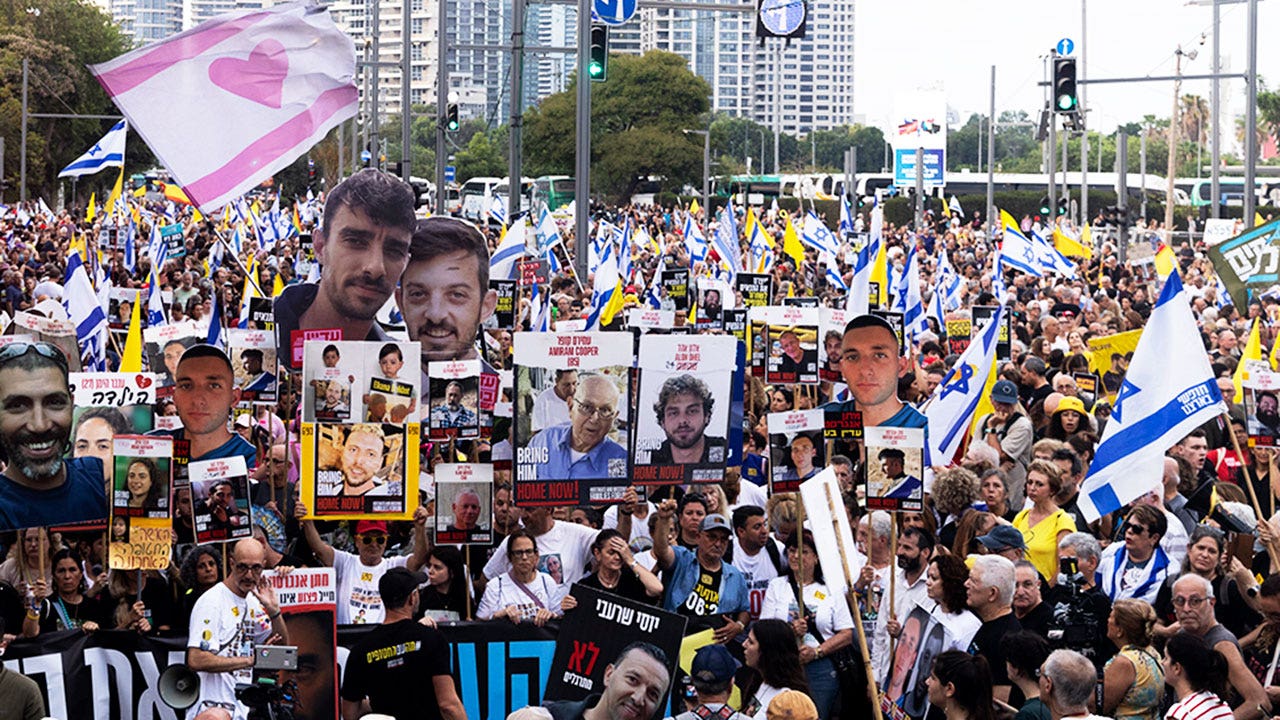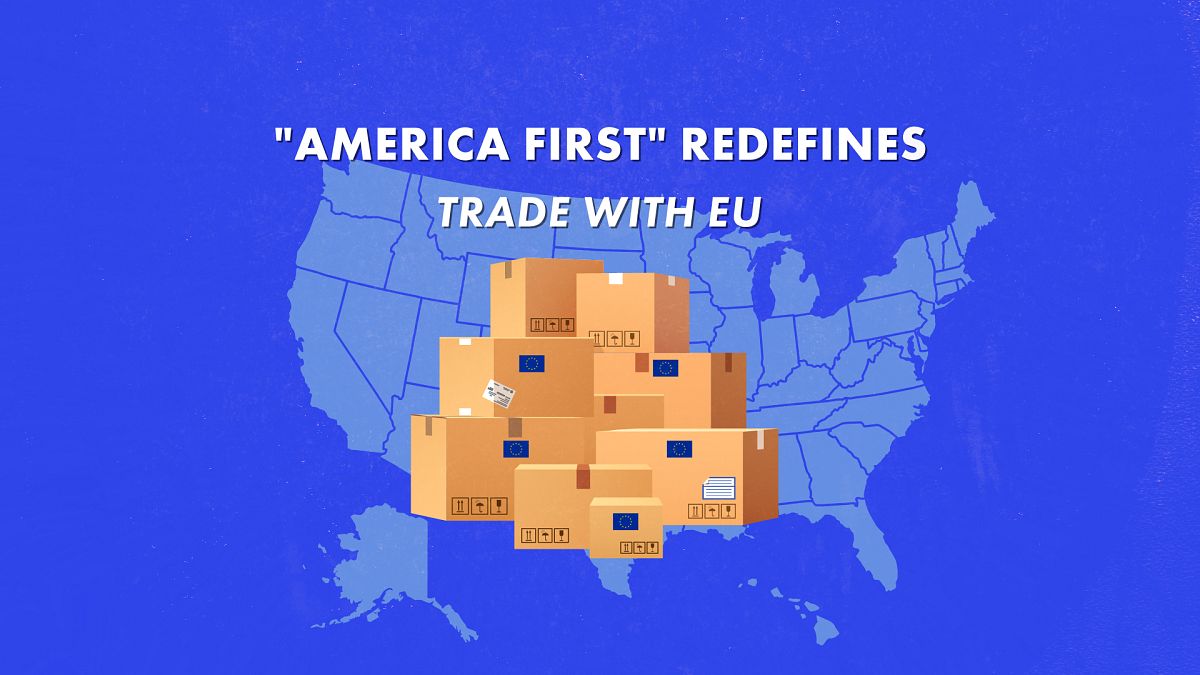ADVERTISEMENT
Prime Minister Keir Starmer said on Tuesday the UK will recognise a Palestinian state in September unless Israel agrees to a ceasefire in Gaza and takes steps toward long-term peace.
Starmer called ministers together for a rare summertime Cabinet meeting to discuss the situation in Gaza.
He told them that Britain will recognise a state of Palestine before the United Nations General Assembly, “unless the Israeli government takes substantive steps to end the appalling situation in Gaza, reaches a ceasefire, makes clear there will be no annexation in the West Bank, and commits to a long-term peace process that delivers a two state solution.”
Starmer’s announcement comes almost a week after President Emmanuel Macron said France would formally recognise a Palestinian state at the United Nations General Assembly in September.
Macron shared a letter to Palestinian President Mahmoud Abbas in an X post, alongside a statement which read: “The French people want peace in the Middle East. It is up to us, the French, together with the Israelis, the Palestinians, and our European and international partners, to demonstrate that it is possible.”
France will become the first G7 country and the first permanent member of the UN Security Council to recognise Palestine, joining 147 member states of the United Nations that have already done so.
The act of recognition involves acknowledging the sovereignty and independence of Palestine within its pre-1967 Middle East war borders. This includes the West Bank, Gaza, and East Jerusalem.
Ireland, Sweden, Spain, Bulgaria and Romania are among the countries in Europe that already recognise Palestinian statehood.
Dire humanitarian crisis
The situation in Gaza has drawn a wave of international criticism over Israel’s conduct in the 21-month war, especially as images of emaciated Palestinian children in the territory emerged and hunger deaths began to circulate widely.
Famine is now unfolding in Gaza, the leading global authority on food crises said on Tuesday, predicting “widespread death” without immediate action.
“The worst-case scenario of famine is currently playing out in the Gaza Strip,” said the alert by the UN-backed Integrated Food Security Phase Classification (IPC).
“Mounting evidence shows that widespread starvation, malnutrition, and disease are driving a rise in hunger-related deaths. Failure to act now will result in widespread death in much of the Strip.”
The IPC alert falls short of a formal famine declaration, and the monitor said it would conduct further analysis “without delay”.
An area is classified as in famine when at least 20% of households have an extreme lack of food, more than 30% of children under five are acutely malnourished, and two people or four children per 10,000 are dying daily from starvation or malnutrition and disease.
The IPC has only declared famine a handful of times — in Somalia in 2011, South Sudan in 2017 and 2020, and parts of Sudan’s western Darfur region last year.
The monitor’s latest alert said famine thresholds have been reached for food consumption in most of Gaza, and for acute malnutrition in Gaza City.
Israeli measures criticised
Israel has restricted aid to varying degrees throughout the war. In March, it cut off the entry of all goods, including fuel, food and medicine, in a bid to pressure Hamas to free the remaining hostages it took during the 7 October 2023 attack on southern Israel.
Israel has also repeatedly accused Hamas of using humanitarian aid as a means of war profiteering and further strengthening itself, which the militant group denies.
Those measures were eased in May, but Israel also pushed ahead with a new US-backed aid delivery system that has been hindered by chaos and violence.
The traditional, UN-led humanitarian providers say deliveries have been hampered by Israeli military restrictions and incidents of looting, while people crowd around entering convoys.
The IPC alert said 88% of Gaza is within militarised areas or under evacuation orders.
“People’s access to food across Gaza is now alarmingly erratic and extremely perilous,” it said.
While Israel has said there’s no limit on how many aid trucks can enter Gaza, aid groups say the latest humanitarian measures are insufficient to tackle the worsening starvation.
In a statement on Monday, Doctors Without Borders (MSF) called the new airdrops ineffective and dangerous, saying that they deliver less aid than trucks.
Israeli Prime Minister Benjamin Netanyahu has said no one is starving in Gaza and that enough aid has been supplied during the war, “otherwise, there would be no Gazans”. The army on Monday criticised what it calls “false claims of deliberate starvation in Gaza”.
However, Israel’s closest ally now appears to disagree.
On Monday, US President Donald Trump contradicted Israel’s stance by saying that there was “real starvation” in Gaza.
Speaking during a visit to Scotland, Trump said the US would set up food centres without any fences or boundaries, and also suggested that Israel could improve aid access.
Separately on Tuesday, the Hamas-run Gaza Health Ministry said the death toll from Israel’s war in Gaza had risen to more than 60,000 Palestinians. Its figures do not distinguish between fighters and civilians.
The Israeli military stated nearly 900 of its soldiers have died since the start of the war.
Read the full article here


